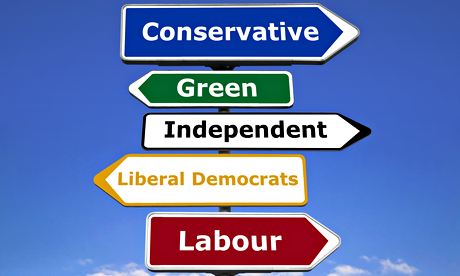
A testing and tormenting time for political parties after the 2015 British general election
The ‘sweetest victory’ of the Conservatives, as David Cameron put it on May 8th, and the sweeping landslide victory of the SNP, winning all but three of the Scottish seats, were indeed shocking wake-up calls for all those concerned about British politics. Labour’s unexpectedly disastrous loss of 26 seats led Ed Miliband to announce his immediate resignation as Labour leader. The Lib-Dems were wiped away, going from 57 to just eight seats, causing the resignation of Nick Clegg as party leader. The party was severely punished by voters who blamed it for betraying everything it had stood for in seeking power. Looking at these results, one could argue that the British voters decided at the very last moment to prevent the formation of another coalition government, assumingly returning to their traditional attitude of regarding coalitions as an exception.
For the polling companies too, the election results proved a nightmare. In order to recover their privileged capacity to influence the media, voters, and parties, they are in the course of reexamining why their pre-election forecasts appeared to be inaccurate.
Meanwhile, one shall have a thorough look at how many votes the grassroots parties such as the SNP, UKIP, and the Greens, gained in this election. Even though their positions in the political spectrum span from the left to the extreme right, the total number of votes won by these three parties amounted to nearly 6.5 million, against the Conservatives’ 11.3 million. Amongst them, UKIP failed to get more than one seat and is now in the midst of an internal turmoil. Despite that, Nigel Farage is generally praised for contributing to the party’s net gain from 9.6 to 12.6 per cent of the vote. In particular, UKIP has remained popular among those who are disillusioned with the aloofness of the political elite.










